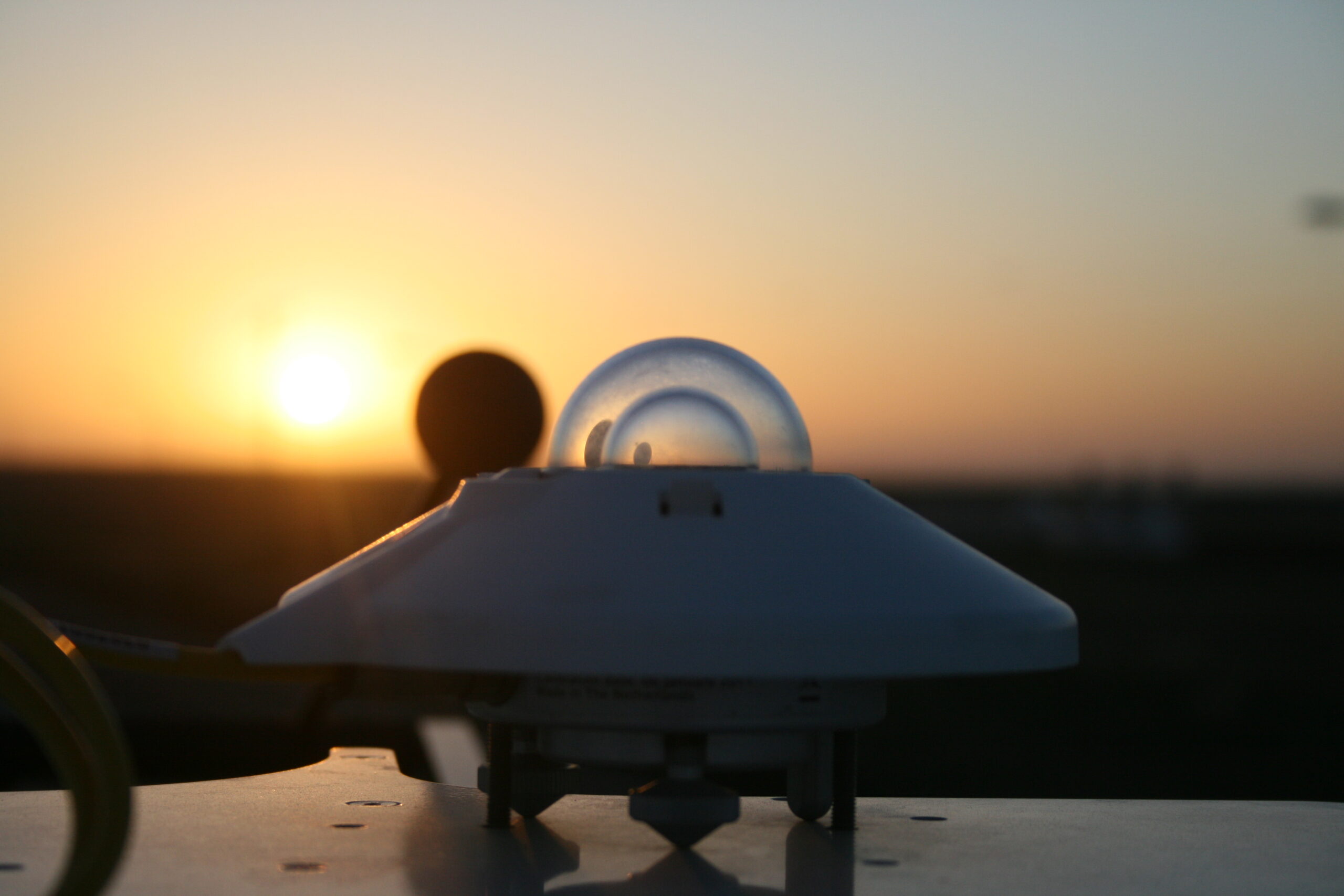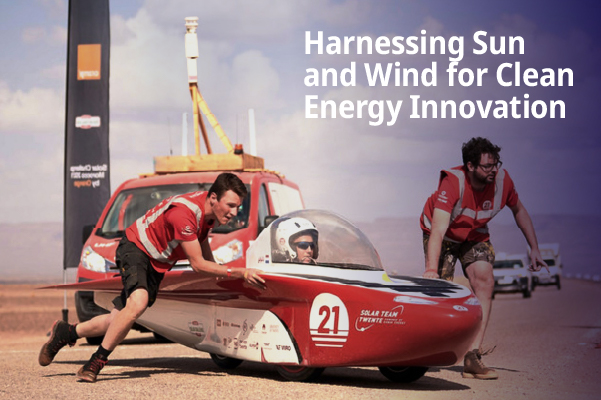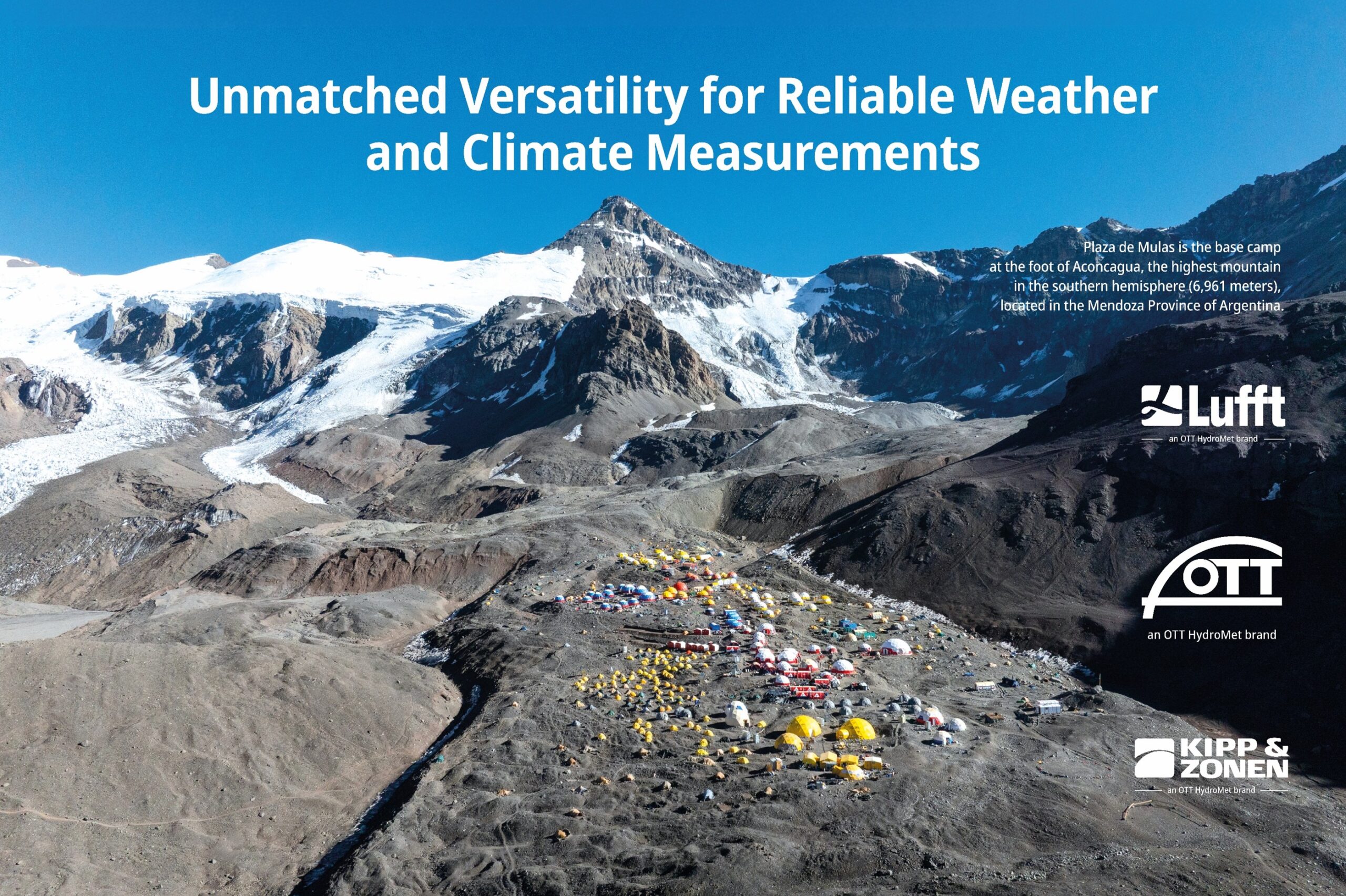The Meteocentrale from Switzerland presents a weather forecast for every place where the Soccer World Cup takes place in Brasil. That is a great content, that we want to share with you in this blog entry.

Photo-Credit: adimas – Fotolia.com
From the 12th of June to the 13th of July 2014 the 20th FIFA World cup takes place in Brazil. 32 teams fight under tropical to sub-tropical climate for the famous trophy made of 18 carat gold.
The expected weather for the Soccer World Cup 2014 in Brasil:
When we experience summe in Europe, it is actually winter in Brazil. Due to the vicinity to the equator it is still warm, but less wet. In the average 60 to 80 mm rain will fall in each june and july, in the regions of the rain forest, located in the north and northwest of the country, significantly more rain has to be expected.
June is the coldest month in Brazil with an averge maximum temperature of 22.8 degrees. As the maximum temperature depends much on the climate zone, there is a margin from 12 (mountains of Serra Geral southern parts of Brazil) to 35 (between Belém and Brasilia) degrees. The lowest temperatures also varie a lot and lie mostly between 0 (Serra de Matiquera) and 24 (northern coast of the Atlantic) degrees. The average minimum temperature in Brazil is around 17 degrees.
Current weather and forecasts from the Meteocentrale powered by MeteoGroup:
The Meteocentrale from Switzerland presents a weather forecast for every place where the Soccer World Cup takes place in Brasil. That is a great content, that we want to share with you.
The weather forecasts are published on the website www.meteocentrale.ch and will be continually updated. In a few hours the ball will roll – The data from the meteocentrale predicts clear sky and 20°C. for Sao Paulo – best conditions for a great opening game!



